My wife calls them “hand-me-ups”… things we inherit from our kids. My ex-fashionable shirt that my son wore in college. Our semi-vegetarian diet my daughter adopted in high school. The dog at my feet that came visiting for the weekend, three years ago. Our lives are enhanced and modified by the most unexpected of teachers, our children. The mentoring of our progeny keeps those of graying years at least partially youthful. Still, I was astonished to hear this week, the words, “Dad, you need to starting doing drugs.”
The “dad” being addressed is 93 years old and has advancing cancer. He is tired, nauseas, anxious and sleeps poorly. Though he likely has a number of months to live, he has become withdrawn. Despite my usual medical brew, his incapacitating symptoms are without palliation. Dad is miserable. Enter his daughter with the solution. The “drug” she is talking about is the treatment de jour, marijuana.
How did this happen? We raise our kids to be good, honest, mature citizens; we drive them to soccer, suffer through years of homework (do you remember dioramas?), and do the whole college obsessive-compulsive tour thing. In addition, above all, we beg our offspring to stay away from pot, pills and addictive mind-altering potions. Now they turn on us, pushing ganja in our time of need. How did we go wrong? Actually, it is we that missed a great opportunity.
50% of Americans have inhaled marijuana at some point in their lives. More than 25 million of our neighbors have used it within the last year. Those that imbibe are of a decidedly younger demographic. The oldest citizens, especially those of the Greatest Generation, are much less likely to have experience with cannabis. Fortunately, once again, youth presents the solution.
New Jersey’s Medical Marijuana (NJ MMP) program has been active and growing now for almost two years, making the drug available for select patients (see below). A handful of doctors, of whom I am one, have been dispensing prescriptions for 1/4oz bags. Having never partaken myself, this has been a learning experience as much as any other medical therapy I have administered. As I have become familiar with its use, so have a wide range of patients, and its popularity is increasing. Recently, I saw a 35yo melanoma patient, a 48yo woman with Crohns, a 60yo multiple sclerosis sufferer and an 88yo church-going, right-wing-voting, DAR-attending, great-grandmother and they are all now are rolling and toking.
Marijuana is one of the safest drugs a doctor can order. In the entire world literature, there has never been a documented death by overdose. Its most common side affects are the same as its affects; it makes some people sleepy and dopy. While it may increase the risk of heart problems, especially in the elderly, it does not punch holes in the stomach like aspirin, rot the liver like Tylenol, wipe out the immune system like chemotherapy or any of a myriad list of toxicities that horrifies us all when we read the average medicine’s packaging material. Smoking itself can irritate those with lung issues, but especially short-term use in patients with serious disease is unlikely to cause permanent pulmonary damage. We do need access to better oral forms, such as oil, for those with emphysema and for use in very sick children.
On other hand, marijuana really works. I do not know of another drug or treatment that produces such consistent benefit and patient satisfaction. Every other medicine that I have prescribed for any problem, be it pain, nausea, depression or health conditions like hypertension, diabetes or heart disease, is much more likely than marijuana to have serious side effects. My patients report significant improvement in nausea, energy, anxiety, sleep and even pain from illness. They are able to function, eat and be social. While not a treatment for disease itself, for many patients it provides excellent symptom relief. In the words of the stoner’s of old, “This is good s**t.”
So, based the research of one doctor and a couple dozen patients, the medical marijuana experiment is a success. It significantly helps certain patients to feel stronger, happier and I suppose, younger. Another gift, a hand-me-up, from our children. Nonetheless, in the words of one frustrated son whose father refused to do more than hold the precisely rolled joint, “Dad, you have got to inhale.”
NJ Medical Marijuana Program Indications
1. Approved debilitating medical conditions include:
◦ Amyotrophic lateral sclerosis
◦ Multiple sclerosis
◦ Terminal cancer
◦ Muscular dystrophy
◦ Inflammatory bowel disease, including Crohn’s disease
◦ Terminal illness, if the physician has determined a prognosis of less than 12 months of life.
2. The following conditions apply, if resistant to, or if the patient is intolerant to, conventional therapy:
◦ Seizure disorder, including epilepsy
◦ Intractable skeletal muscular spasticity
◦ Glaucoma
3. The following conditions apply, if severe or chronic pain, severe nausea or vomiting, cachexia or wasting syndrome results from the condition or treatment thereof:
◦ Positive status for human immunodeficiency virus
◦ Acquired immune deficiency syndrome
◦ Cancer

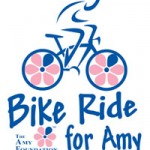
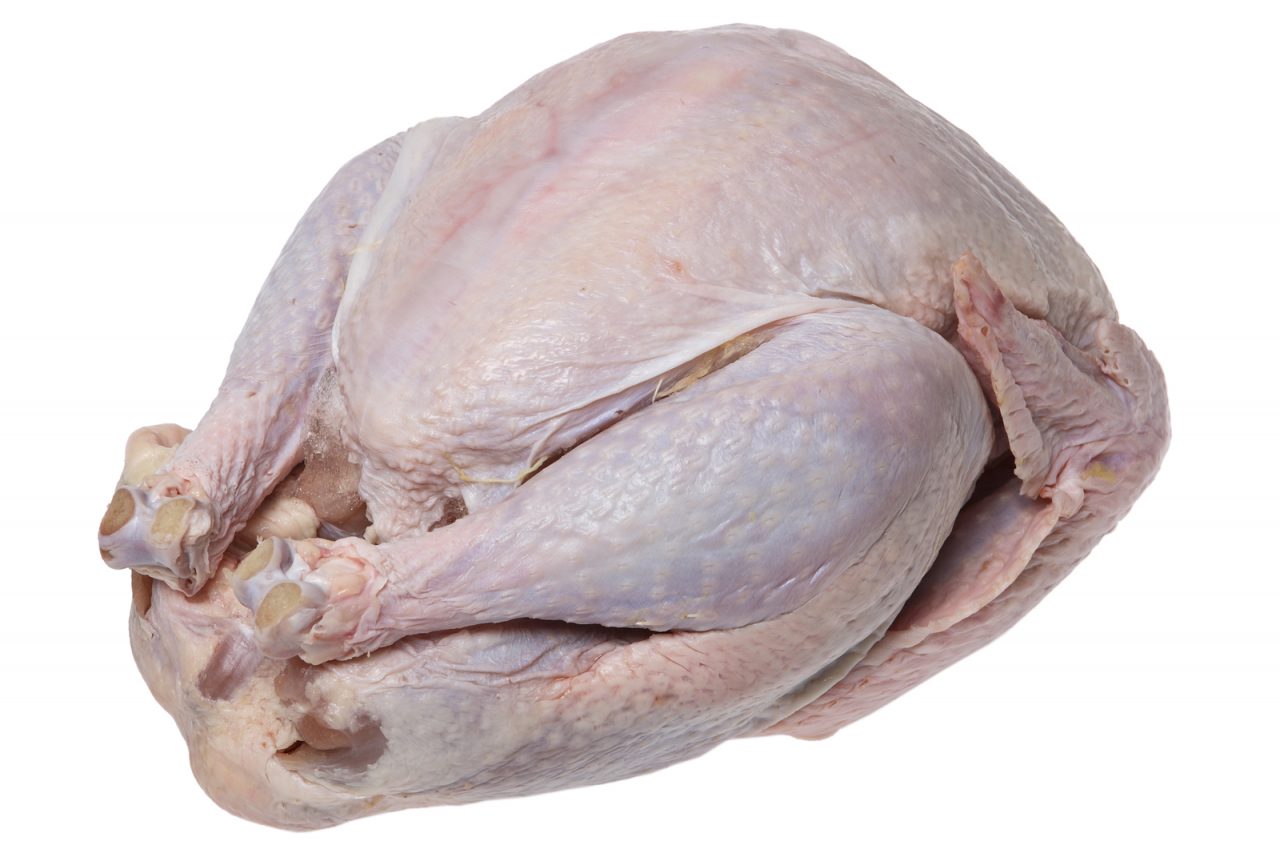

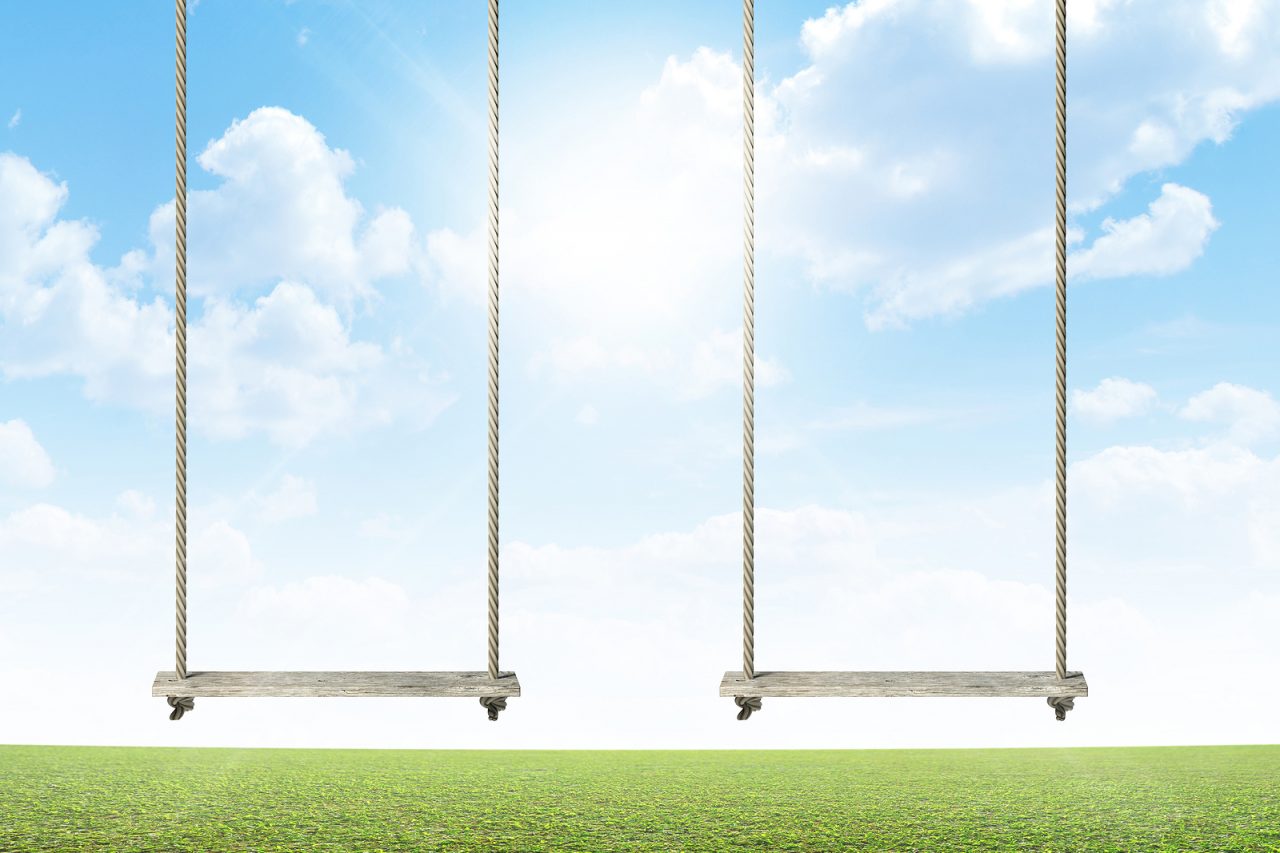
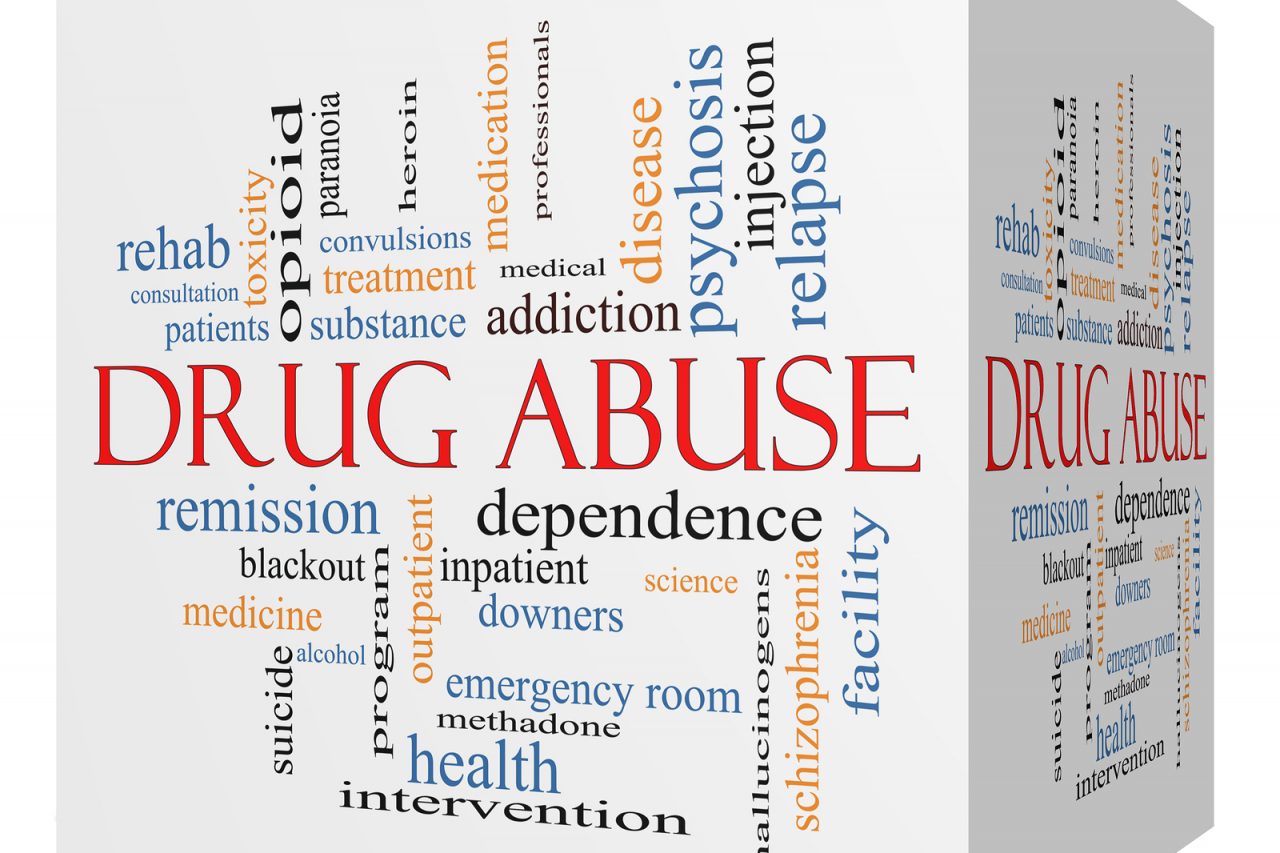
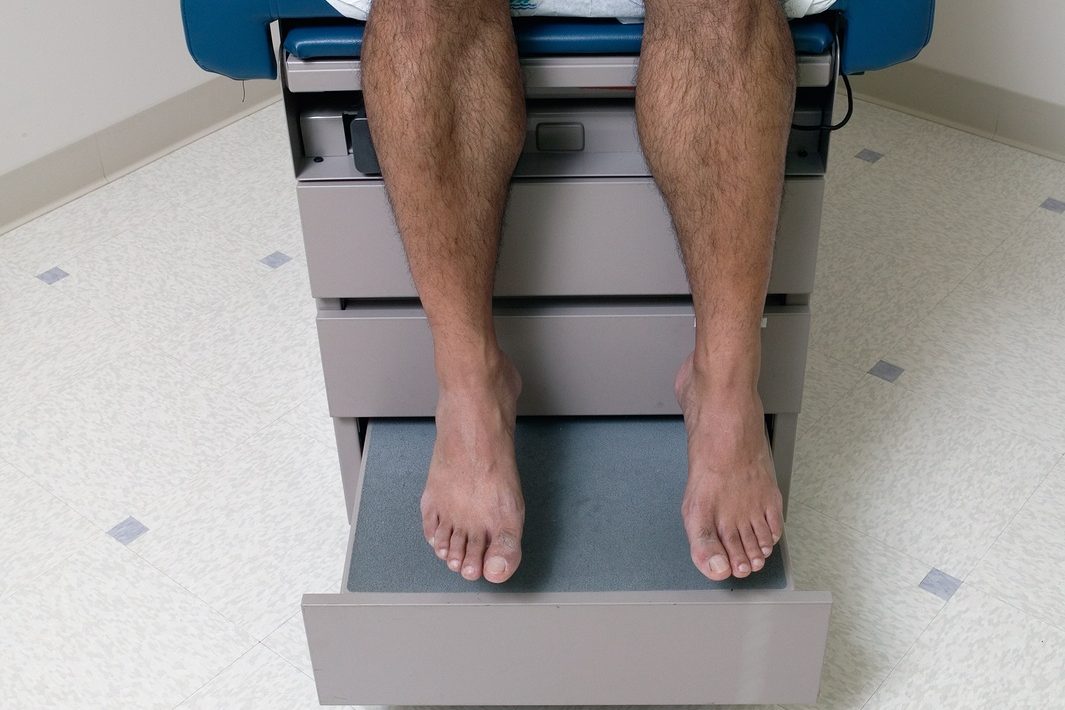
10 Comments